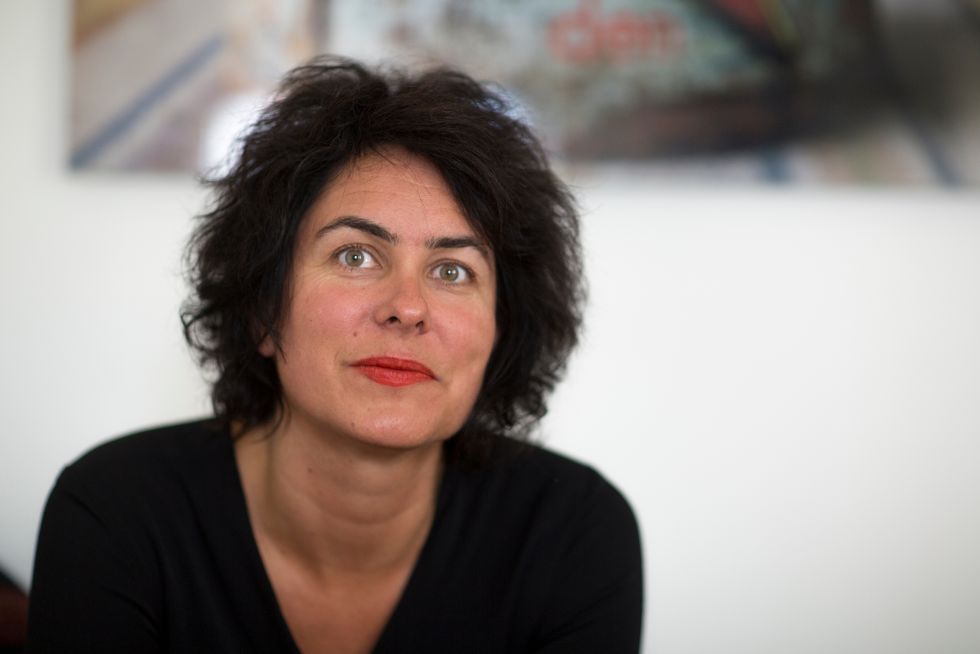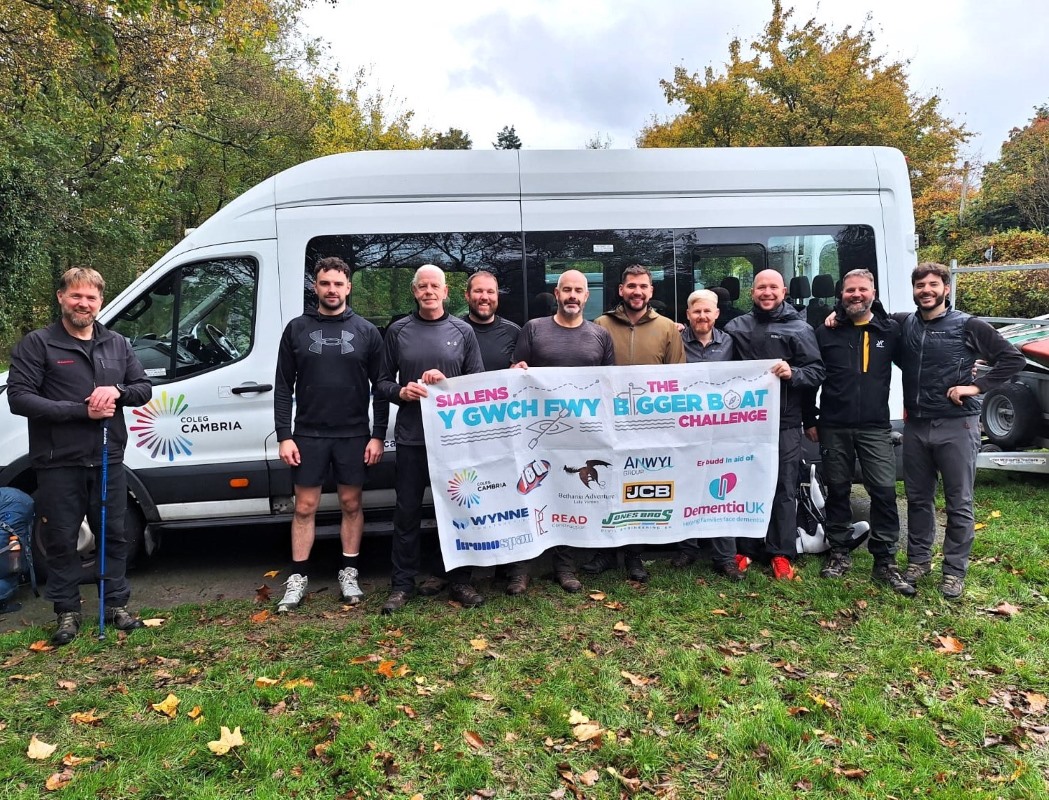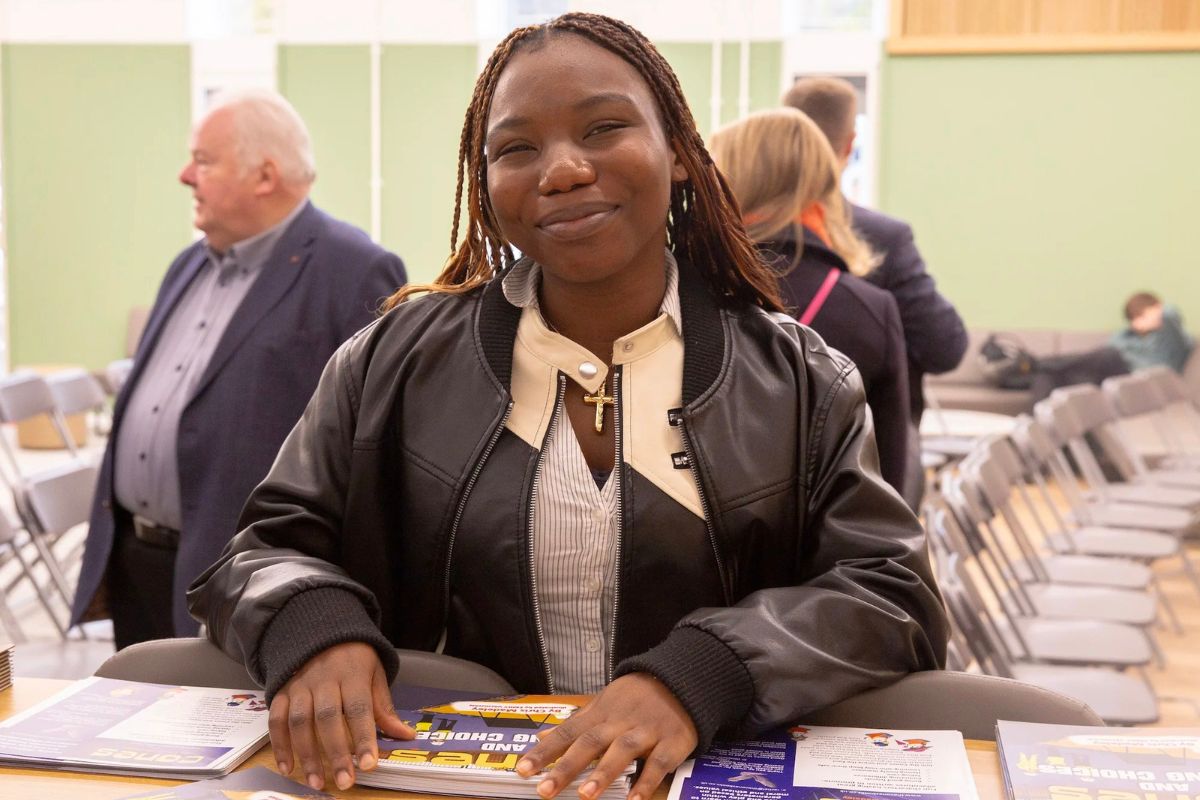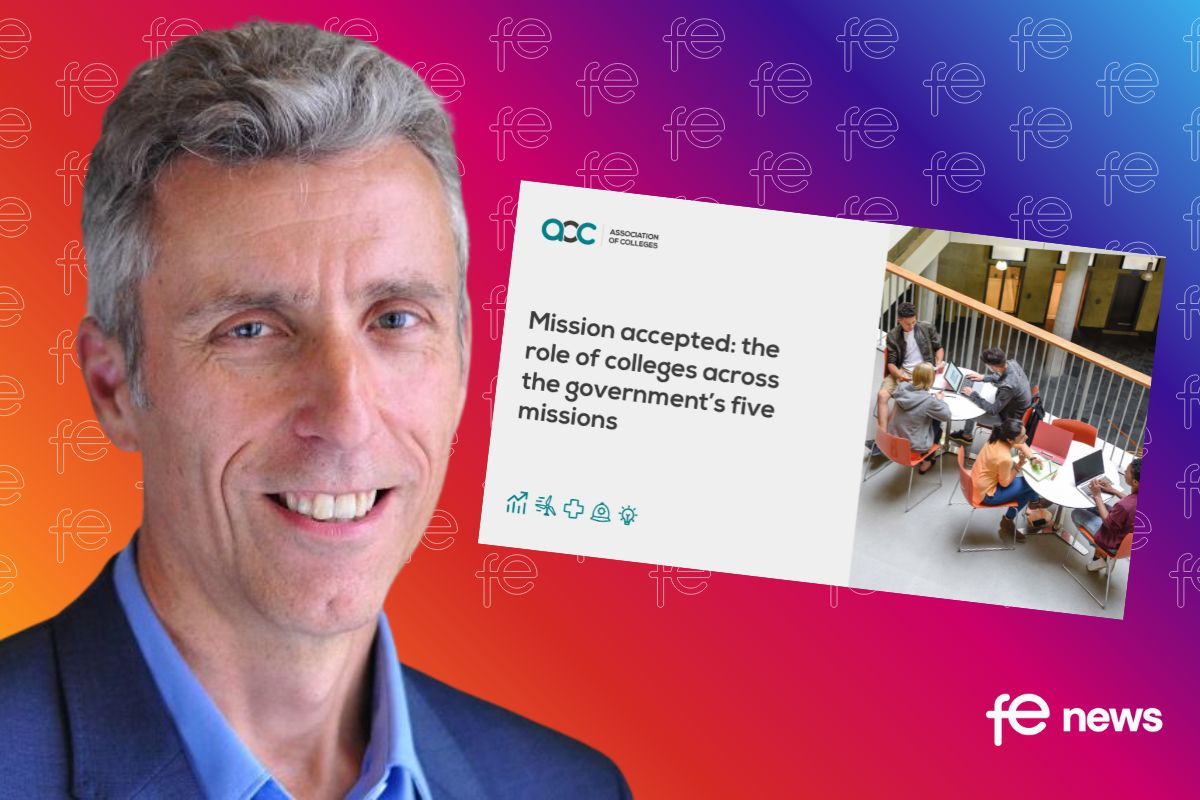LENDING A HELPING HAND TO TACKLE MENTAL HEALTH STRUGGLES AMONGST ADOLESCENTS

Leading clinical psychologist Dr Solfrid Raknes is the driving force behind a gamified app that’s helping adolescents navigate mental health challenges.
First developed to support young people hurt and displaced by Syria’s civil war, Helping Hand, a digital role-playing game, uses the same theory as Cognitive Behavioural Therapy (CBT) to help adolescents deal with emotionally challenging situations.
Dr Raknes’ philosophy is that “Everyone should prioritise looking after their mental health in an attempt to prevent mental health disorders, in the same way that you can take steps to prevent physical diseases.” The digital role-playing game can help young people deal with stress and trauma by reinforcing positive decision-making and strengthening their resolve to ask for help when they need it.
Dr Raknes added: “We can start training our coping strategies anytime, even when we are feeling well. The app is more preventative than reactive, and its aim is the prevention of negative mental health.”
Helping Hand has other benefits too. Traditional CBT takes approximately 12 one-hour sessions, which can be extremely costly. In contrast, Helping Hand offers an accessible and affordable alternative that can be used on a much larger scale.
Created in partnership with Attensi, a global leader in game-based simulation training, the app offers 120 minutes of computer game-style scenarios and 10 sessions of psychological support. As young people play through true-to-life scenarios and multiple-choice questions, they can see the outcomes – and consequences – of their actions. This creates a safe-to-fail environment in which adolescents can express their opinions and deal with emotionally challenging situations.
Recent data from a study with 1,234 Syrian youths in Lebanon showed that anxiety and depression significantly decreased in 75% of the adolescents who completed the programme and well-being increased by 56%. Low drop-out rates (5%) and active dissemination of the app among adolescents were also signs of its success.
Following on from the game’s initial success, it was then introduced to Ukrainian refugees. According to UNICEF, over 5.5 million young people have been displaced since the beginning of the war, with many seeing sights no child should ever witness – people killed and injured, homes destroyed, schools attacked.
As young people are extremely impressionable at this stage of life, experiencing such a hostile and challenging environment has the potential to permanently impact their mental health. Dr Raknes commented:
“Gaming is a great way to get adolescents to open up, because it is a safe space that allows them to try and fail without consequence or judgement.
“One of the biggest standouts I have witnessed is how quickly the children are able to pick up the basic principles of CBT and categorise their thoughts, even after one 15-minute session.”
In terms of the scope for the game’s expansion, the initial priority is to increase the profile of Helping Hand and the awareness of the app amongst all young people. Next, is to locate a partner that can aid in upscaling the app so that it is accessible to more refugees. Finally, Dr Raknes would like to introduce a Helping Hand into Africa because she believes it could help remove the stigma around mental health issues.











Responses